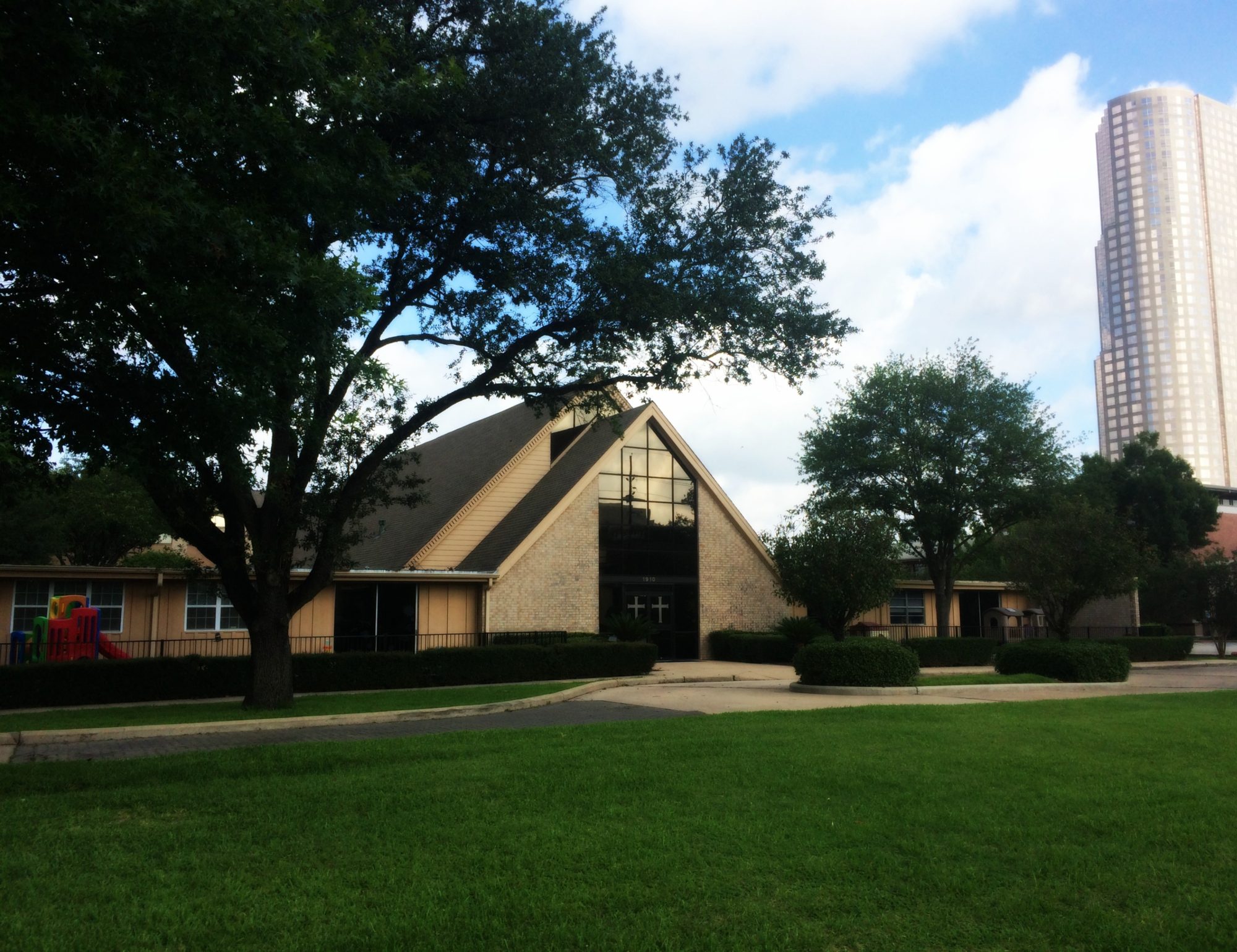
Reading: Mark 8
“Who Do You Say I Am?” by Cynthia Ownby
Just because you know who someone is does not mean that you know them.
I can imagine what it would be like to be Peter on this day. He has just witnessed Jesus feeding four thousand people and healing a blind man. As the disciples are walking through Caesarea Philippi, Jesus asks, “Who do people say I am?” The question seems simple enough; after all, they have heard the rumblings of the crowds for weeks. Perhaps this is John the Baptist, or Elijah, or some prophet.
But then Jesus turns to the disciples and says, “Who do you say I am?” I can imagine darting eyes. No one wants to answer the question, because what does one say? But Peter, speaks up, fully confident, and says, “You are the Messiah.”
Messiah. The Anointed One. The One God would send to gather the Jews back to Israel and bring a time of peace.
Peter has the right answer, and Jesus affirms this response. Yet next – as Jesus begins to teach that the Son of Man will suffer, be rejected, killed, and rise after three days – Peter stops Jesus and pulls him aside. “You are the Messiah! What are you talking about – suffering, death, resurrection? This isn’t possible.” And Jesus turns and rebukes Peter.
Knowing who Jesus is and knowing Jesus are two different things. Peter got the name right, but he missed the meaning. If you want to know who Jesus is, you only need to read the Bible. But if you want to know Jesus, you must follow him.
Who do you say Jesus is?

